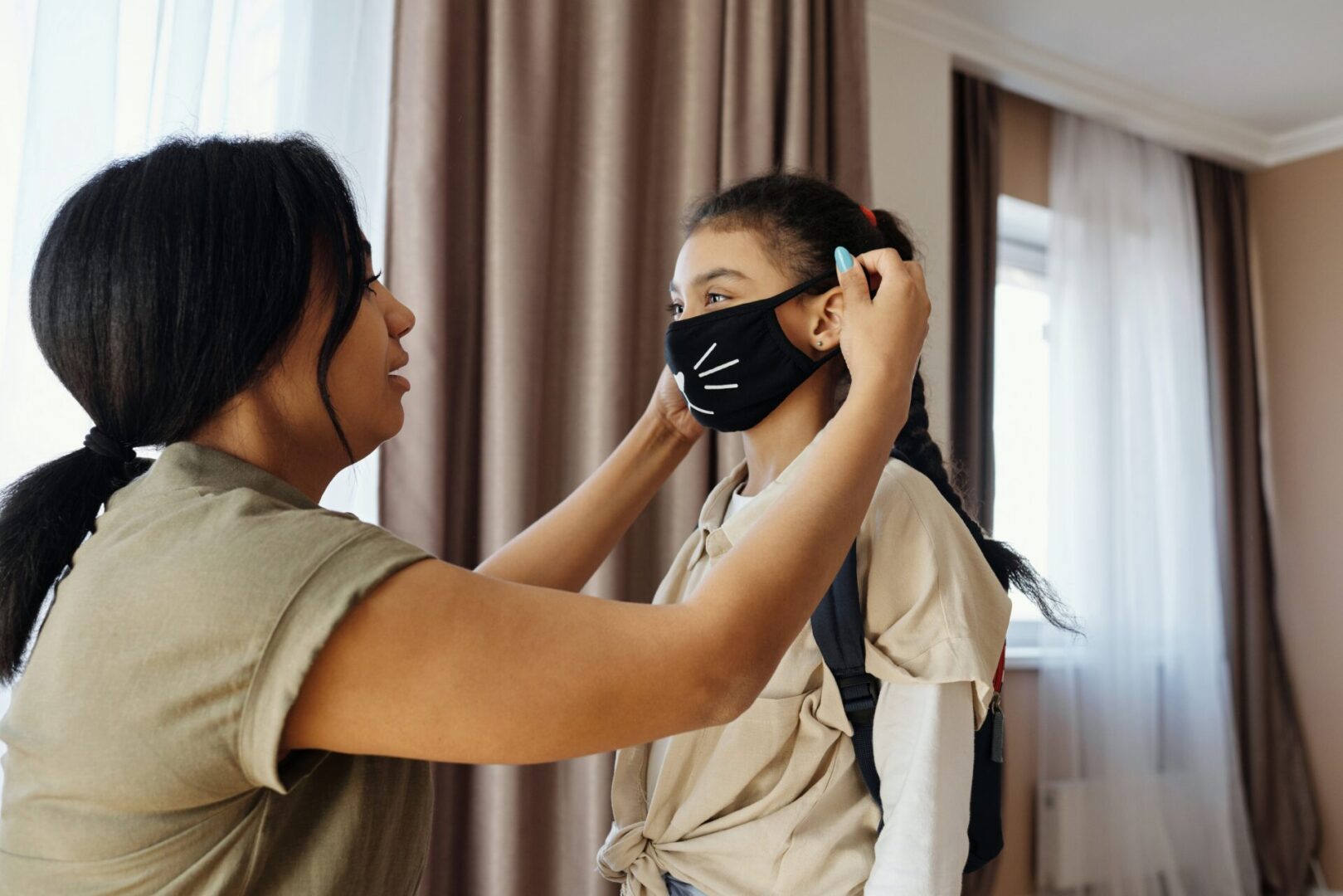Resources
Helpful Details About Education Services for Kids With Special Needs


COVID-19
We are living in unprecedented times with nationwide and worldwide closures resulting from the COVID-19 pandemic. There is some guidance from the U.S. Department of Education about how students’—specifically students with disabilities—education should be addressed.
In a nutshell, if students without disabilities are receiving education services, then students with disabilities should receive education services. However, most school districts are trying to determine how to implement distance learning for all students. Please see the attached guidance from the U.S. Department of Education.
Compensatory Education Services
Once this settles and things get back to "normal," IEP and 504 teams will need to discuss educational harm/impact regarding the lack of special education and related services there were not provided during the school closures. It is critical that data is collected from parents and caregivers to further the discussion regarding the need for compensatory education services. Here are a few tips to consider:
Document lost skills that your student has experienced since the school closure.
Document any contact with your student's school, e.g. the date, whom you spoke with, the length of the call, and the purpose of the call.
Document specific struggles that you notice when working with your student. For example, can your student work independently or do they require lots of prompts to start or complete a task; can they do the academic work that has been assigned or is it too difficult; or do you see needs that are not being addressed by your student's IEP or 504 plan that should be?
This information will be useful when discussing the development and/or revisions to your student's IFSP, IEP, or 504 plan to address their needs.

THINGS TO REMEMBER ABOUT AN IEP MEETING
*Some information is specific to the State of Maryland
- An IEP meeting notice is generated 10-days prior to the IEP meeting, unless the 10-day meeting notice waiver is signed.
- Pay close attention to the purpose of the IEP meeting listed on the IEP meeting notice. If incorrect, request a correction in writing. Save a copy of the signed IEP meeting notice for your records. Request copies of all the documents you sign.
- IEP meetings must occur at least once a year, typically known as the Annual Review. However, an IEP meeting can be requested at any time. It's important to remember that providers are not available to students if they are always in an IEP meeting. Make sure the benefits outweigh any potential negative impact from having multiple meetings.
- Re-evaluation should occur at least every 3 years, unless parents and the school agree that a re-evaluation is not warranted. A re-evaluation can be requested by a parent or teacher, consistent with 34 C.F.R. §300.303.
- IEP meetings can be audio recorded. Oral or written notice should be provided 48 hours in advance to allow the school district the opportunity to audio record. It is strongly suggested that parents put the request to audio record in writing.
- You can bring people with you to the meeting.
- IEP drafts, reports, and all documents that will be discussed at the IEP meeting should be sent home 5 days advance of the meeting.
- After the IEP meeting is over, the Prior Written Notice (PWN), should be generated within 5-days. Consistent with 34 C.F.R. §300.503, the PWN must include the following: Written notice that (1) Proposes to initiate or change the identification, evaluation, or educational placement of the child or the provision of FAPE to the child; or (2) Refuses to initiate or change the identification, evaluation, or educational placement of the child or the provision of FAPE to the child.
- Make sure that you monitor the student's IEP progress by receiving and reviewing the quarterly IEP progress reports. The IEP progress report should provide detailed and measurable information on the student's IEP goals and objectives. If it doesn't, ask for clarification and if needed, a revision. If the student is not making sufficient progress to meet goal, request an IEP meeting and a re-evaluation.
COMMUNITY RESOURCES
ACADEMIC SPECIALIST
ASSESSMENTS
Basics Group Practice, LLC. - Educational & Psychological assessments, Individual & Family Therapy
DC Children's Feeding/Eating disorder
Dr. Carol Tankard, Neuropsychologist (Private Practice)
Dr. Denise Moore Revel - Speech Pathologist
Dr. Diane Serex-Dougan (Behavioral Optometrist)
Dr. Joette James, Neuropsychologist (Private Practice)
Families First Counseling & Psychiatry - ABA Therapy
Kennedy Krieger Institute Neuropsychology
Kennedy Krieger Institute Behavioral Psychology
The Center for Vision Development
ATTORNEYS
Special Education FAQs
IDEA 34 C.F.R. §300.39 defines special education as specially designed instruction, at no cost to the parents, to meet the unique needs of a child with a disability.
Special education is a service, not a place, with the overarching goal of preparing the student for further education, employment, and independent living (IDEA 34 C.F.R. §300.1).
A student can be referred for an evaluation to determine special education eligibility by a parent, teacher, or school personnel. The request must be done in writing and consent must be given to begin the evaluation process. Students must be assessed in ALL areas of suspected disability. The evaluation process has a timeline of 60 days.
At the conclusion of 60 days, an IEP team meeting will be held to review the assessment data to determine the student's eligibility for special education services and the need for specially designed instruction. If a student is found eligible, the school system has an additional 30 days to develop an IEP. If the student is not found eligible for special education services, the student may be eligible for a 504 plan, which will provide accommodations for the student to access the general education curriculum.
IDEA 34 C.F.R. §300.22 defines an Individualized Education Program (IEP) as a written statement for a child with a disability that is developed, reviewed, and revised.
More specifically, the IEP documents a student's present level of academic and functional performance, which should clearly list the student's strengths and needs; IEP goals and objectives that address the student's needs; supplementary aids and services; related services; the amount of specially designed instruction; and the environment where the education services will take place, known as the Least Restrictive Environment (LRE).
Parents should receive quarterly IEP progress reports on IEP goals and objectives around the same time the student receives a report card. Parents can request an IEP meeting at any time, but should have at least one IEP meeting annually to review the student's progress.
Kennedy Krieger Project HEAL sample letters can be accessed here.
Section 504 covers qualified students with disabilities who attend schools [that] receive federal financial assistance. To be protected under Section 504, a student must be determined to: (1) have a physical or mental impairment that substantially limits one or more major life activities; or (2) have a record of such an impairment; or (3) be regarded as having such an impairment. Section 504 requires that school districts provide a free, appropriate public education (FAPE) to qualified students in their jurisdictions who have a physical or mental impairment that substantially limits one or more major life activities (U.S. Department of Education, n.d.).
504 plan sample accommodation list:
Extended time on tests or assignments
Peer assistance with note taking
Frequent feedback
Extra set of textbooks for home use
Computer-aided instruction
Enlarged print
Positive reinforcements
Rearranging class schedules
Visual aids
Preferred seating assignments
Taping lectures
Oral tests
Sample American Diabetes Association 504 Plan here.
Sample Epilepsy Foundation 504 Plan here.
